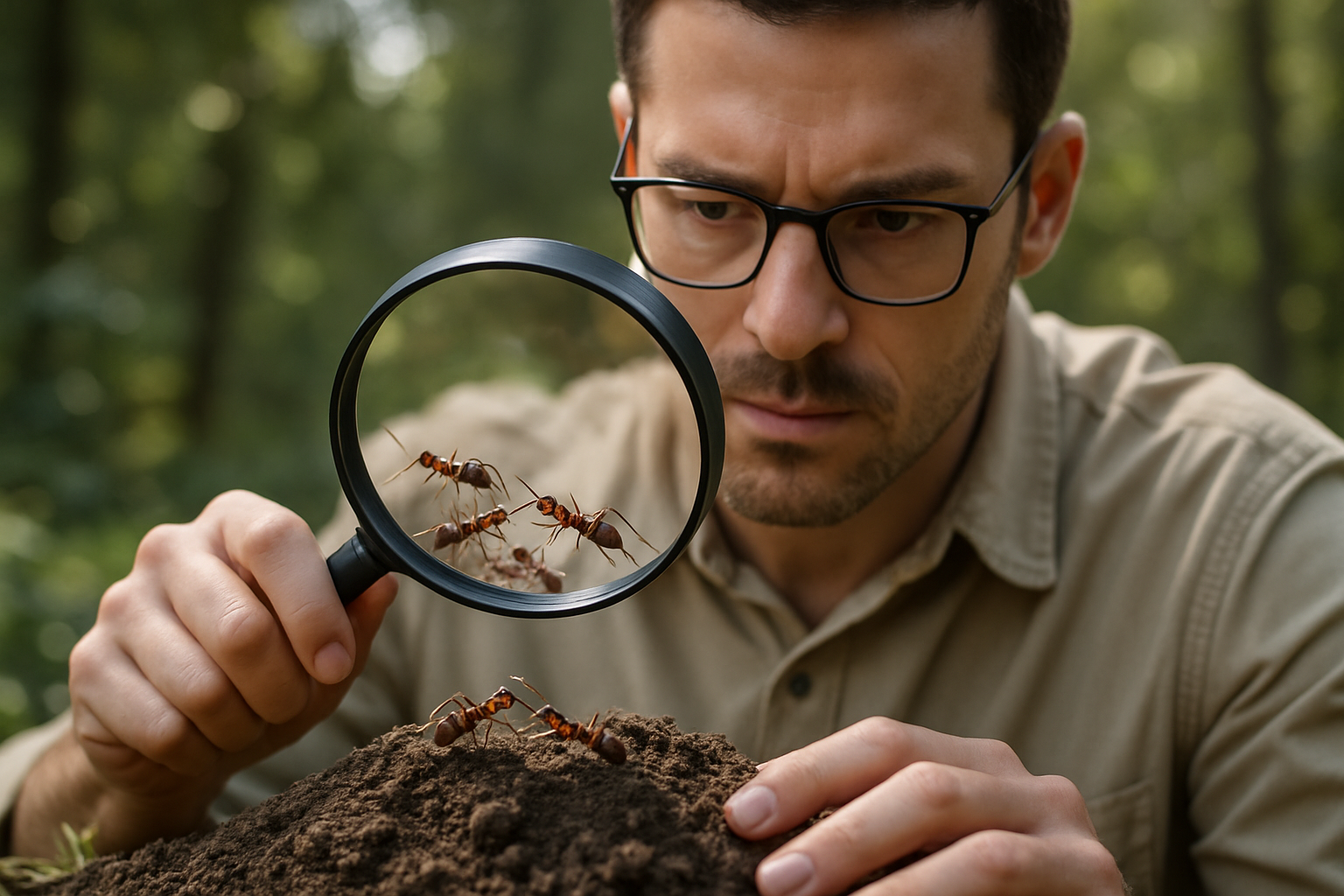Decoding the Social Lives of Ants: The Secret World Below Our Feet
Ants, the tiny creatures that we often dismiss as mere annoyances at a picnic, hold fascinating social structures and behaviors that have captivated scientists for centuries. Their intricate societies, impressive communication methods, and surprising intelligence contribute to an elaborate social system that rivals even our own. This article delves into the captivating world of ants, shedding light on their complex social lives and revealing how these miniature marvels continue to intrigue the scientific community.

The Historical Fascination with Ant Societies
Since ancient times, humans have been fascinated by ant societies. Greek philosopher Aristotle wrote extensively about ants in his book “History of Animals”, noting their social structures and behaviors. Over centuries, our understanding and appreciation of ant societies have only grown, with modern science revealing their complex communication methods, intricate colony structures, and impressive work ethics.
Ants in Today’s Research
Today, ants continue to be a subject of intense scientific study. Recent research has unveiled the surprising ways ants communicate, using a mix of chemical signals, touch, and even sound. Studies have also shown that ants demonstrate a surprising level of intelligence, with capabilities for problem-solving, learning, and memory that far surpass what one might expect from such tiny creatures.
The Impact of Ant Products and Trends
The fascination with ants has also spilled over into popular culture. Ant farms, for instance, are a popular educational toy, offering a glimpse into the complex world of ant societies. Ranging in price from $15 to $150, these products provide a window into the lives of these fascinating creatures and have a significant impact on the educational toy market.
The Scientific Backing of the Ant Phenomenon
The claims of ant intelligence and complex social structures are not just hearsay; they are backed by extensive scientific research. Studies have shown that ants can navigate complex mazes, remember food locations, and even use tools. Furthermore, their social behaviors, such as cooperation, division of labor, and conflict resolution, have been extensively documented by scientists.
Decoding the Ant Society: A Balance of Depth and Accessibility
Understanding ant societies is a complex task, but it doesn’t have to be inaccessible. Through engaging narratives, clear explanations, and fascinating facts, we can decode the secret lives of ants, revealing a world that, though small in scale, is vast in complexity and intrigue.
In conclusion, the world of ants offers a fascinating glimpse into a society that operates on a level beyond our usual perception. As we continue to study these remarkable creatures, we gain not only insight into their world but also a deeper understanding of social structures, communication, and intelligence in the animal kingdom.




